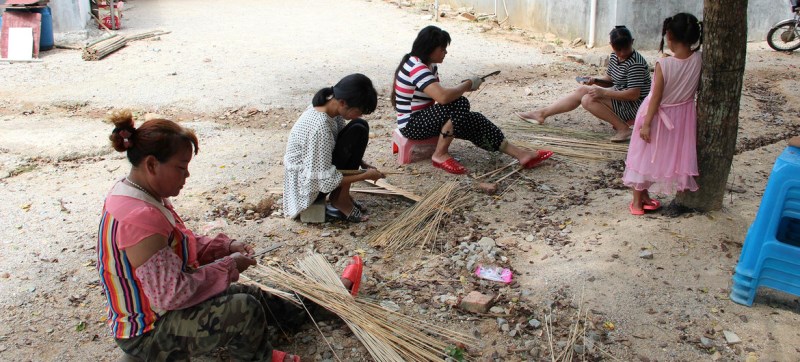 COVID19
COVID19
New York: As the world continues to tackle the multiple impacts of the COVID-19 pandemic, from pushing some 131 million people into extreme poverty to reversing years of development progress, the UN chief said on Tuesday that a more coordinated approach is key to moving forward.
“In many ways, the COVID-19 crisis has shone a spotlight on international cooperation”, Secretary-General António Guterres told a meeting of the Economic and Social Council (ECOSOC) on Operational Activities for Development.
Among other things the pandemic has exposed shortcomings in international financing and vaccine equity, but it has also highlighted the value and enormous potential of international cooperation for development.
‘Solid’ success
The UN chief described the pandemic as a ‘litmus test’ for the new Resident Coordinator (RC) network, and repositioned UN development system that has passed “with a solid score”.
More than 90 per cent of colleagues in capitals agreed that RCs have helped ensure a coherent UN response to the pandemic with national ownership, and more than 80 per cent confirmed success in targeting at-risk groups most hurt by the COVID crisis.
The data suggest that governments agree that UN Country Teams are more relevant to their development needs; that RCs are more effective in leading Country Teams; and that they serve as a genuine entry point to access the UN system at the country level around the world, the top UN official said.
UN ‘revolution’ of progress
Over the past year, the UN has made progress on five key areas of reform, beginning with its Resident Coordinators and Country Teams, which Mr. Guterres said has sparked “a true revolution in the UN System” and supported the UN Sustainable Development Cooperation Framework towards achieving the Sustainable Development Goals (SDGs).
Secondly, he noted that the UN is now better positioned for “more tailored responses to specific country contexts and to countries in special situations”.
He said there had been progress in advancing a regional review and headway made on the Organization’s commitments to transparency and results.
“We are making progress in securing more efficient business operations”, the UN chief said as his final point, giving the example of efficiency gains that should shift some $100 million to development activities.
Crucial areas of work ahead
Despite encouraging progress, the top UN official warned that the unprecedented scale of today’s COVID-19 recovery and sustainable development challenges have exposed three crucial areas where more must be done.
Noting that 65 per cent of UN entities have no formal requirement linking them to the Cooperation Framework, he said “first, we must rapidly consolidate more robust accountabilities and the appropriate presence and configuration at the country level”.
The second area is to even the playing field, by delivering “integrated policy advice” and strengthening the international debt architecture.
The third area of action is boosting funding for the overall UN development system, particularly the RC system, according to the UN chief.
“Now is the time to see governments invest fully in the reforms…to help a strong and different recovery to achieve the SDGs”, he said.
Strengthening coordination
A well-resourced coordination system is “essential” to bridge the gap between UN resolutions to advance sustainable development and poverty eradication, which are the actual resources on the ground to help make those resolutions a reality, Mr. Guterres explained.
Crediting the UN’s progress with “a strengthened coordination function”, he said, “if we cannot sustain this drive, we may undermine our ability to maximize the results of these reforms, thereby further derailing our support to the 2030 Agenda”.
In early June, the UN chief will launch his report on the reinvigorated Resident Coordinator System, with proposals to strengthen the sustainability and predictability of funding.
“The RC system needs to be owned by all Member States…as the Organization steps up to meet the SDGs over the decade up to 2030”, the Secretary-General said.“Development coordination is at the core”.
Support Our Journalism
We cannot do without you.. your contribution supports unbiased journalism
IBNS is not driven by any ism- not wokeism, not racism, not skewed secularism, not hyper right-wing or left liberal ideals, nor by any hardline religious beliefs or hyper nationalism. We want to serve you good old objective news, as they are. We do not judge or preach. We let people decide for themselves. We only try to present factual and well-sourced news.







